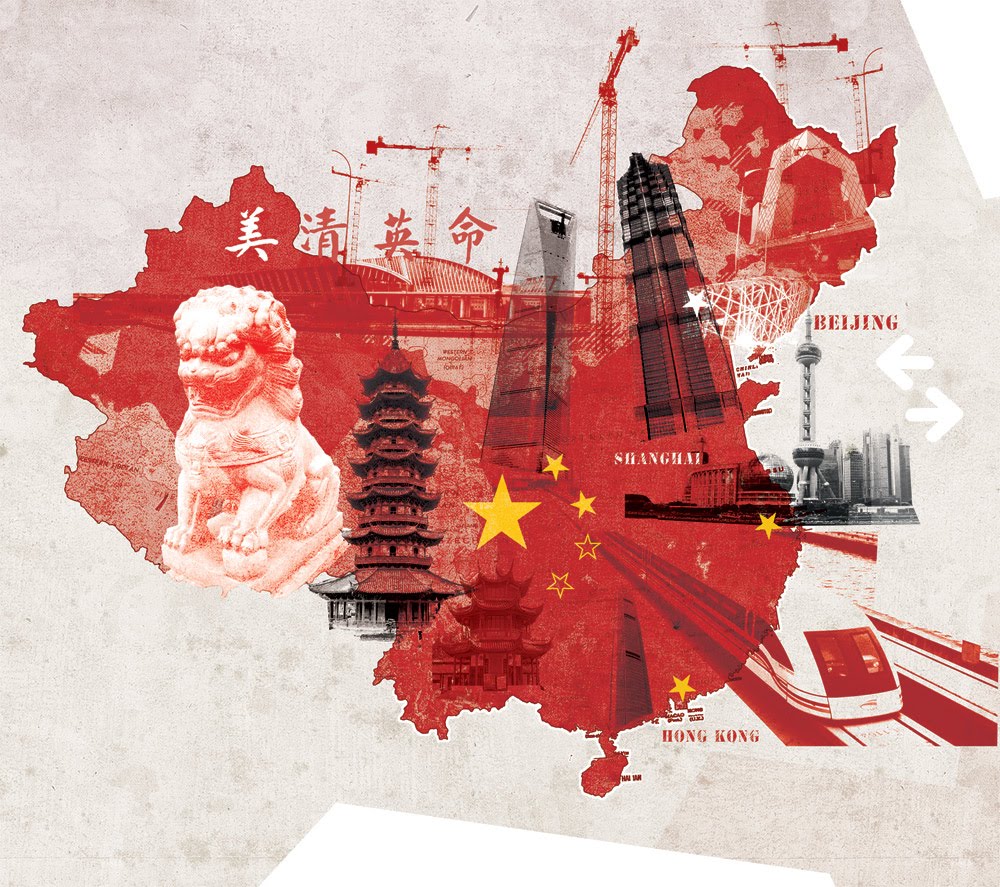Expertise Asia has posted almost 1,000 articles over the past 5 years. Interested readers have the option to contribute to the publication, as an acknowledgment of the value provided to them. Contributions do not commit the author to future production. Thank you for your continued support.

You will have heard about China’s February foreign reserve reading earlier in the week, one of the most watched macro numbers out there. You will also recall that reserves had steeply and steadily been shrinking since June of last year, collapsing from 4 trillion dollars to below the 3 trillion mark in January. The pundits predicted yet another financial melt-down in the Middle Kingdom caused my massive capital flight.
As argued continuously in this space, nothing could be further from the truth. That there is some degree of capital outflow from China is without a question. The reduction in reserves as well as the gradually softer currency are testament of such fact. But to claim that this is a disaster in the making and that China will crumble under its weight is nonsense. Mainstream media is getting ahead of itself one more time.
The Cassandras have probably been disappointed this week. February didn’t give us another drop in foreign reserves, but instead we accounted for a marginal increase, just enough to get us back above the 3 trillion mark. Now, may this have been an outlier breaking the trend and will we resume the decline in March? Maybe, but even if that were the case, what would be the problem with that?
As I opined in a widely read commentary in February, so what if China were to reduce foreign reserves further and had to continue supporting the Renminbi for a while longer? Despite the huge numbers involved, is that a real problem? A good source told me back then that the PBoC isn’t nervous about it. At least they aren’t running around like a headless chicken as the Western media would like to portray them.
To be sure, it doesn’t come in handy, but as pointed out before, a modernising and more domestically focussed China is simply in no need of holding 4 trillion dollars in reserves, nor does it need to hold 3 trillion, maybe not even 2 trillion is a healthy magnitude. In other words, China easily has enough firepower to keep its currency in check. And things will long have changed again by the time those excesses are used up.
Yesterday’s February trade data impressively confirm the beginning, or should we say the continuation, of China’s economic transition. Imports were up massively, by +38%, double what the market expectations were. Conversely, instead of the forecast +14% increase exports declined marginally, producing a monthly trade deficit of almost 10 billion dollars, the first of its kind in 3 years!
Domestic consumption is what this rapidly modernising economy is and will be driven by, and the numbers impressively confirm it despite import readings on commodities such as crude, iron ore and copper being slightly lower again from January. But as the country transitions from export- to consumer-led, why would there be a need for the trillions of reserves that were built up in an era of China’s emerging market- and export champion-status?
It will be interesting to see the new TIC data for January that will be released mid March, whether China’s Treasury holdings resumed their decline again. As of the latest update for December, Beijing held just over 1 trillion in US government bonds, 1/3 of its total reserves. But also here, don’t be surprised if the numbers keep declining. It is neither a disaster for China nor is it a problem for the world’s market with the deepest liquidity.
There is another reason why we could end up with eventually stabilising reserve levels but still falling Treasury holdings, as I pointed out in January. China keeps only 2% of its foreign reserves in gold, a ratio far below most countries in the Western world except for Japan, and even materially lower than places like India. The US’ is the largest share with 75%. China as I hear is much keener to stock up on its gold rather than be concerned about its Treasury position.
This is why there has been activity to accumulate more gold earlier in the year. Imagine Beijing decided to elevate its gold holdings to 10% of reserves in short order, or even higher corresponding to a declining total reserve balance and to be comparable with the rest of the world? It could have a massive impact on the gold price. It may make a lot more sense to have the Renminbi backed by an arsenal of gold bars instead of US government paper.
The message in short is there are sensible people at work who have successfully managed and safeguarded the delicate financial balancing of an 11 trillion dollar+ behemoth that is growing at least twice as fast as the US. The shifts we are witnessing are merely an expression of this rapid transition of China into a modern economy and society. The Western media and pundits should rather applaud Beijing’s policymakers for it.
The postings on this website are confidential and private. The material is provided to you solely for informational purposes and as a complimentary service for your convenience, and is believed to be accurate, but is not guaranteed or warranted by the author. It has not been reviewed, approved or endorsed by any financial institution or regulatory authority in your jurisdiction. It should not in any way be construed as investment advice and/or -recommendation of any kind, in any market and in any jurisdiction. The views expressed therein are none other than the author’s personal views. He is not responsible for any potential damages or losses arising from any use of this information. The reader agrees to these terms.